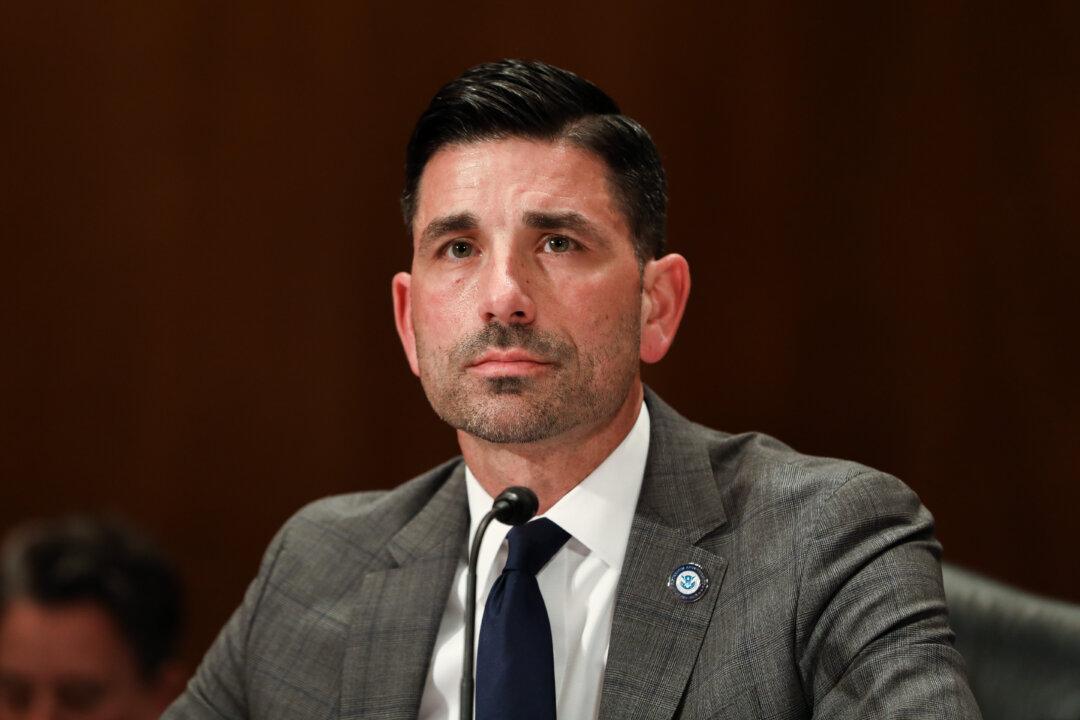Former Secretary for the Department of Homeland Security (DHS) Chad Wolf is insisting that the right approach to U.S. border security requires a policy change, rather than the billions in new spending that President Joe Biden is pursuing.
“There’s not a money problem along the southwest border, it’s a policy problem,” Mr. Wolf told NTD’s “Capitol Report” on Wednesday. “We have the wrong policies in place that are not deterring the illegal behavior that we have there.”






